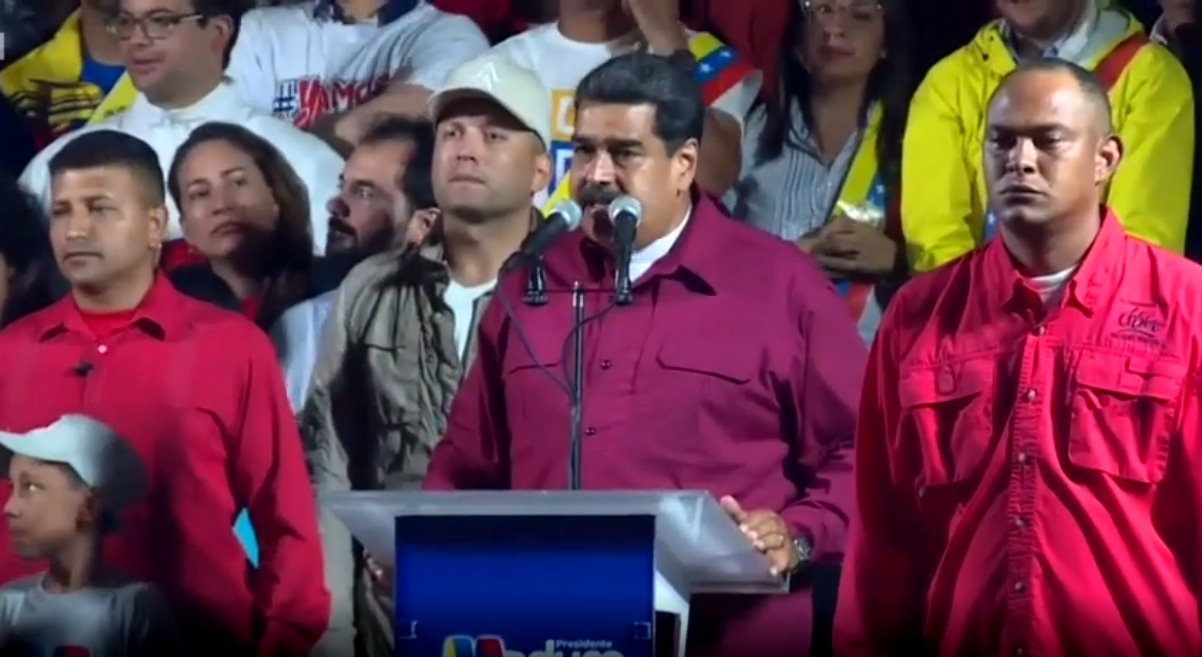Despite a standout individual performance from guard Samyha Suffren, the Virginia Tech women’s basketball team suffered a decisive 85-60 defeat against the 13th-ranked Louisville Cardinals on Sunday, January 4th, at the KFC Yum! Center.
Redshirt sophomore Suffren, coming off the bench, delivered a career-best performance that also marked an Atlantic Coast Conference (ACC) high for her. The 5’8″ guard poured in 14 points and secured a personal best of seven rebounds. Her playmaking was equally impressive, as she dished out a game-high and career-best five assists while adding three steals and committing zero turnovers. Suffren’s efficiency came on 6-of-15 shooting from the field, and she was a perfect 2-for-2 from the free-throw line.
While Suffren shone, forward Carys Baker led the Hokies in scoring with 16 points and nearly achieved a double-double, pulling down nine rebounds. However, the team’s efforts were insufficient against a powerful Louisville squad.
Suffren’s 27 minutes on the court were a season high, as were her 15 field goal attempts, seven rebounds, and five assists. This game marked her sixth double-figure scoring outing in 15 games this season. She currently leads the team with 31 steals and ranks third in assists with 21. Her contributions this season are particularly notable following a challenging previous year, where her season was cut short after just 10 games due to a shoulder injury.









